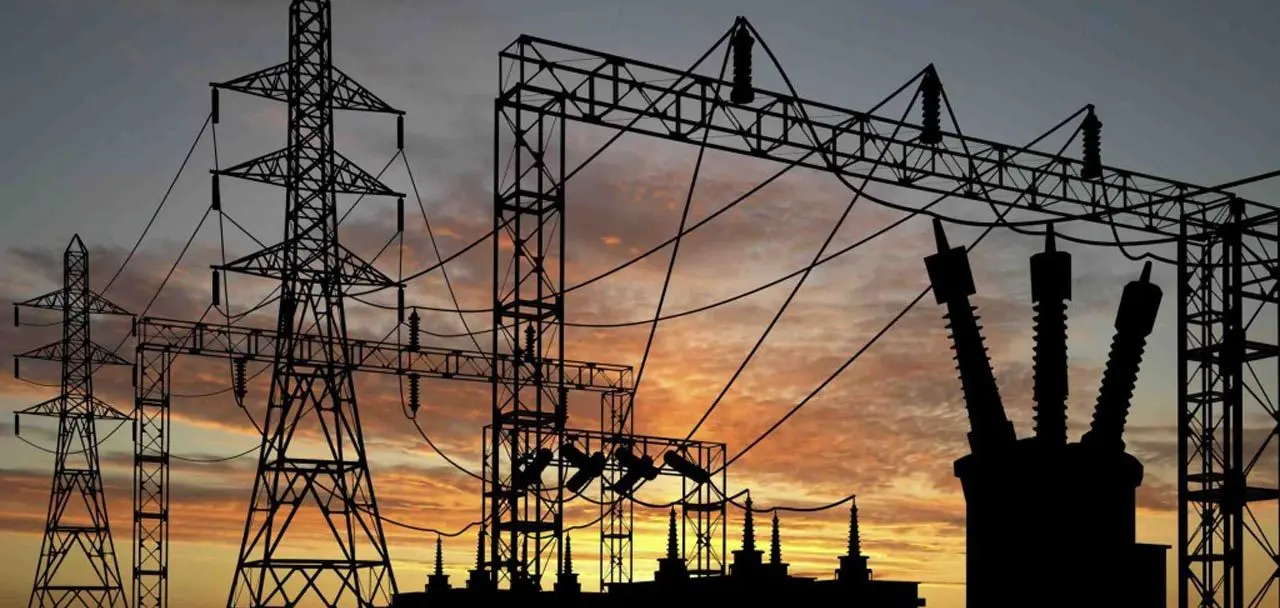In the wake of the recent electricity tariff hike, data from the Nigerian Electricity Regulatory Commission (NERC) reveals a concerning trend: more than 20% of consumers classified under Band A still lack prepaid meters. These meters are essential for accurately measuring usage and ensuring fair billing practices.
Without prepaid meters, these consumers are subject to estimated billing, a method widely criticized for its potential for manipulation and exploitation of consumers. Band A customers, who typically receive a minimum of 20 hours of electricity daily, are supposed to have transparent control over their bills, according to NERC.
These consumers are now facing a significant tariff increase of 230%, with the new rate set at N225 per kilowatt-hour, up from the previous N68 per kilowatt-hour.
Recognizing this challenge, Dr. Musiliu Oseni, Vice Chairman of NERC, has instructed Electricity Distribution Companies (DisCos) to prioritize the metering of Band A customers.
Concerns are rising among affected consumers, particularly small businesses, who are considering rejecting estimated bills and are prepared to shut down if disconnected due to unsettled bills.
In related news, Organised Labour is considering a new minimum wage demand following the recent electricity tariff hike by the Federal Government. The 300% increase in electricity tariff has rendered their earlier wage demands inadequate.
Previously, Nigeria Labour Congress (NLC) and Trade Union Congress of Nigeria (TUC) jointly presented a minimum wage demand to the Tripartite Committee on National Minimum Wage (TCNMW) through the National Salaries, Incomes and Wages Commission (NSIWC). However, this demand now needs adjustment to align with the substantial rise in electricity costs.
The proposed new minimum wage demand reflects a significant increase, with figures ranging from N447,000 to N850,000 across different regions of the country. These adjustments come in response to the economic challenges posed by the recent tariff hike.

Leave a Reply